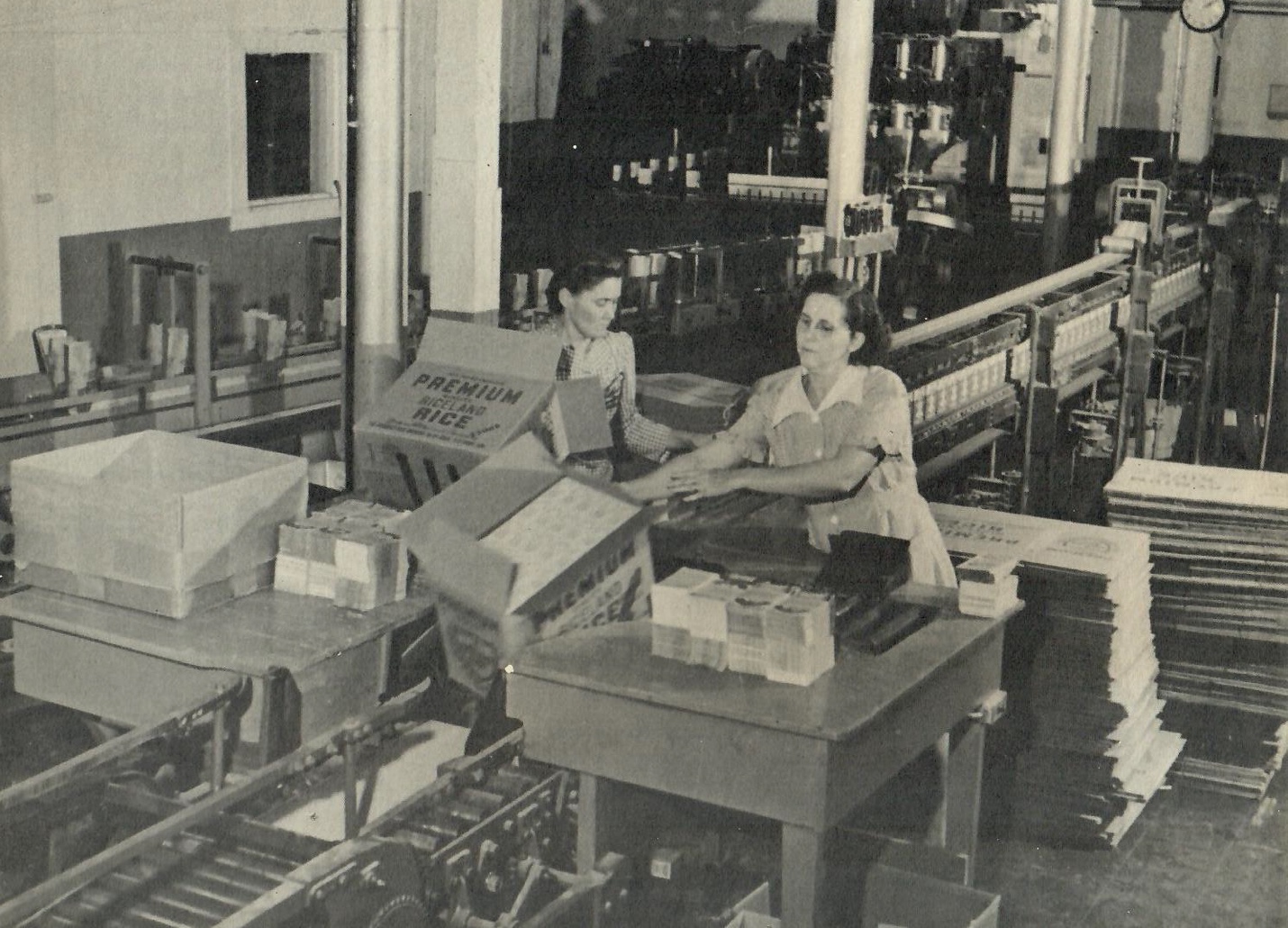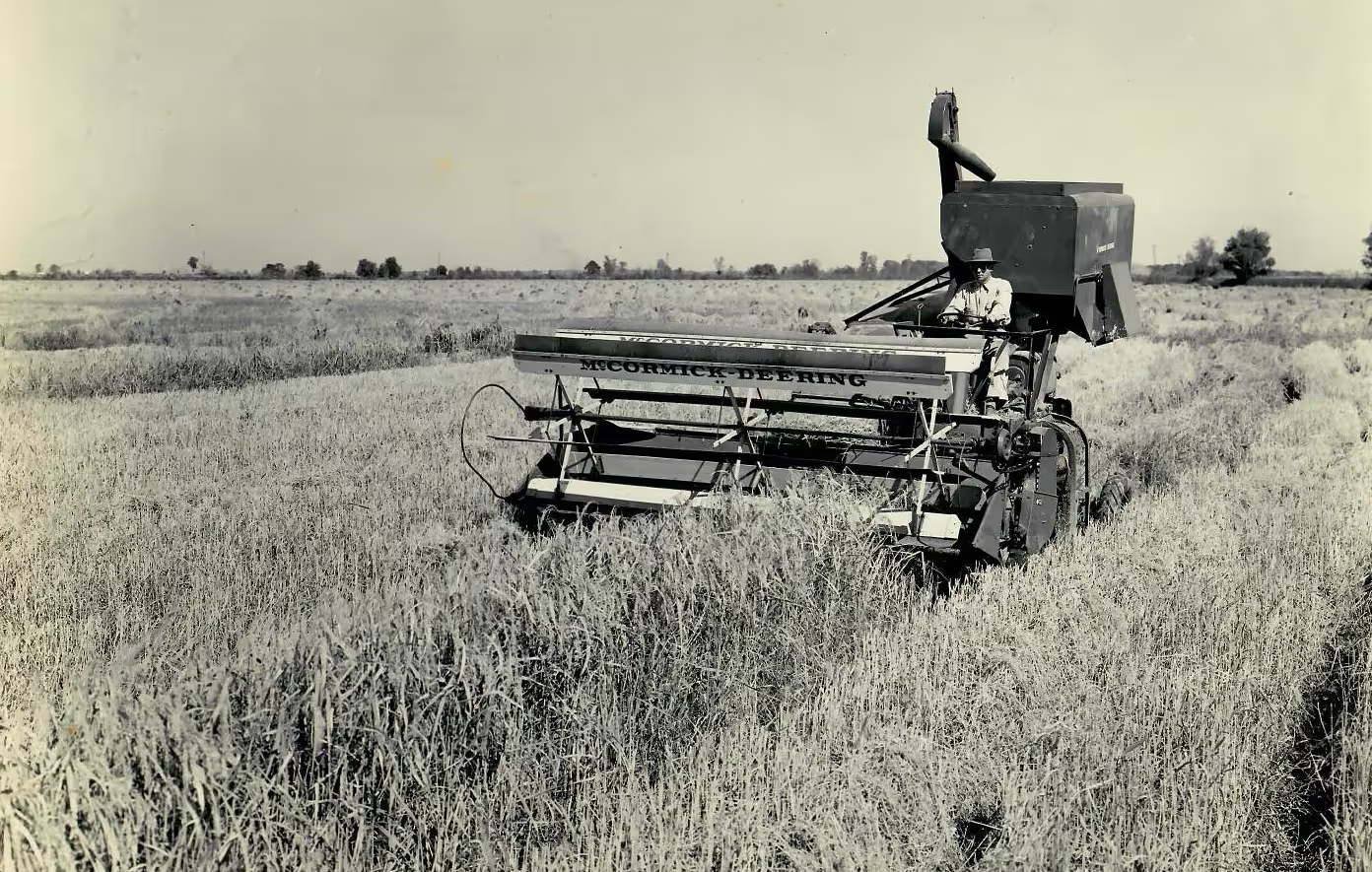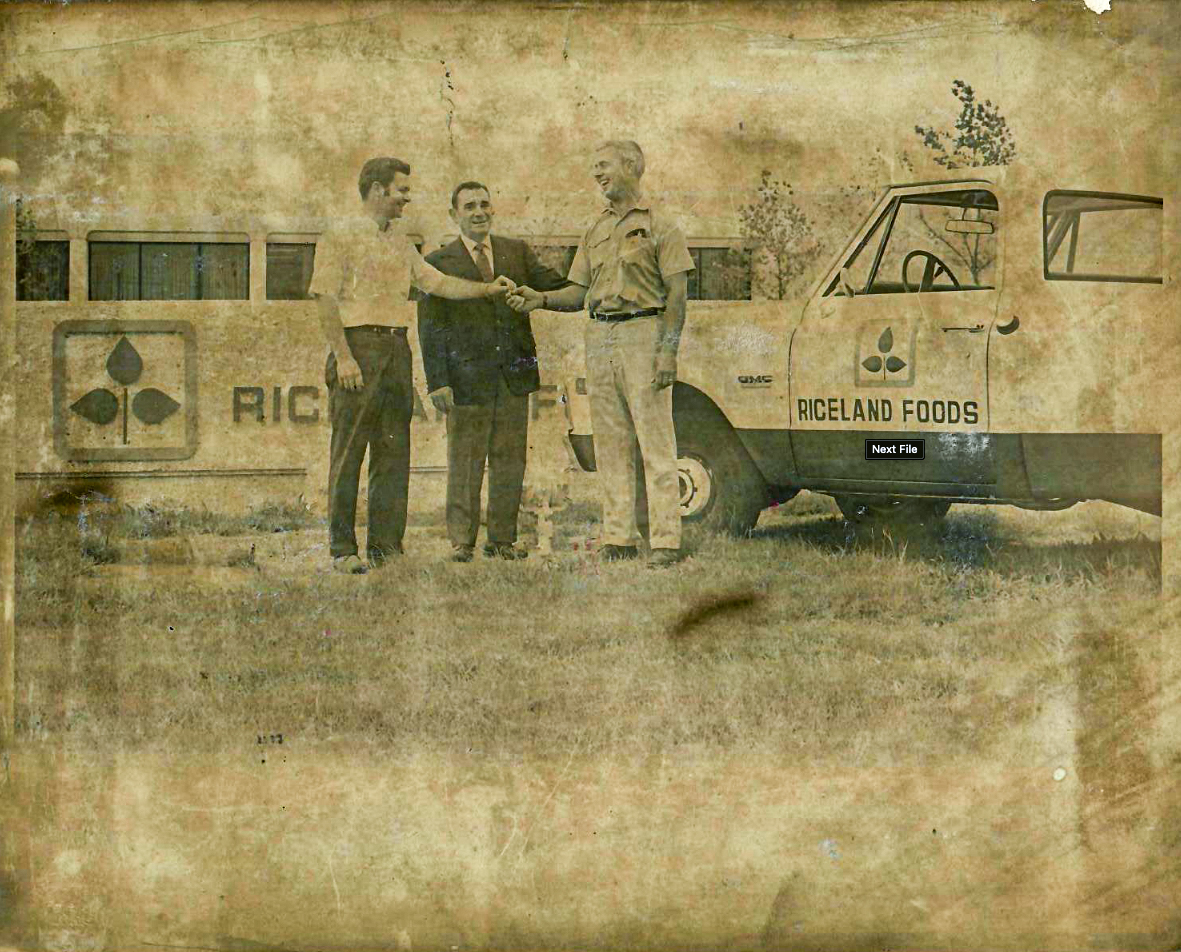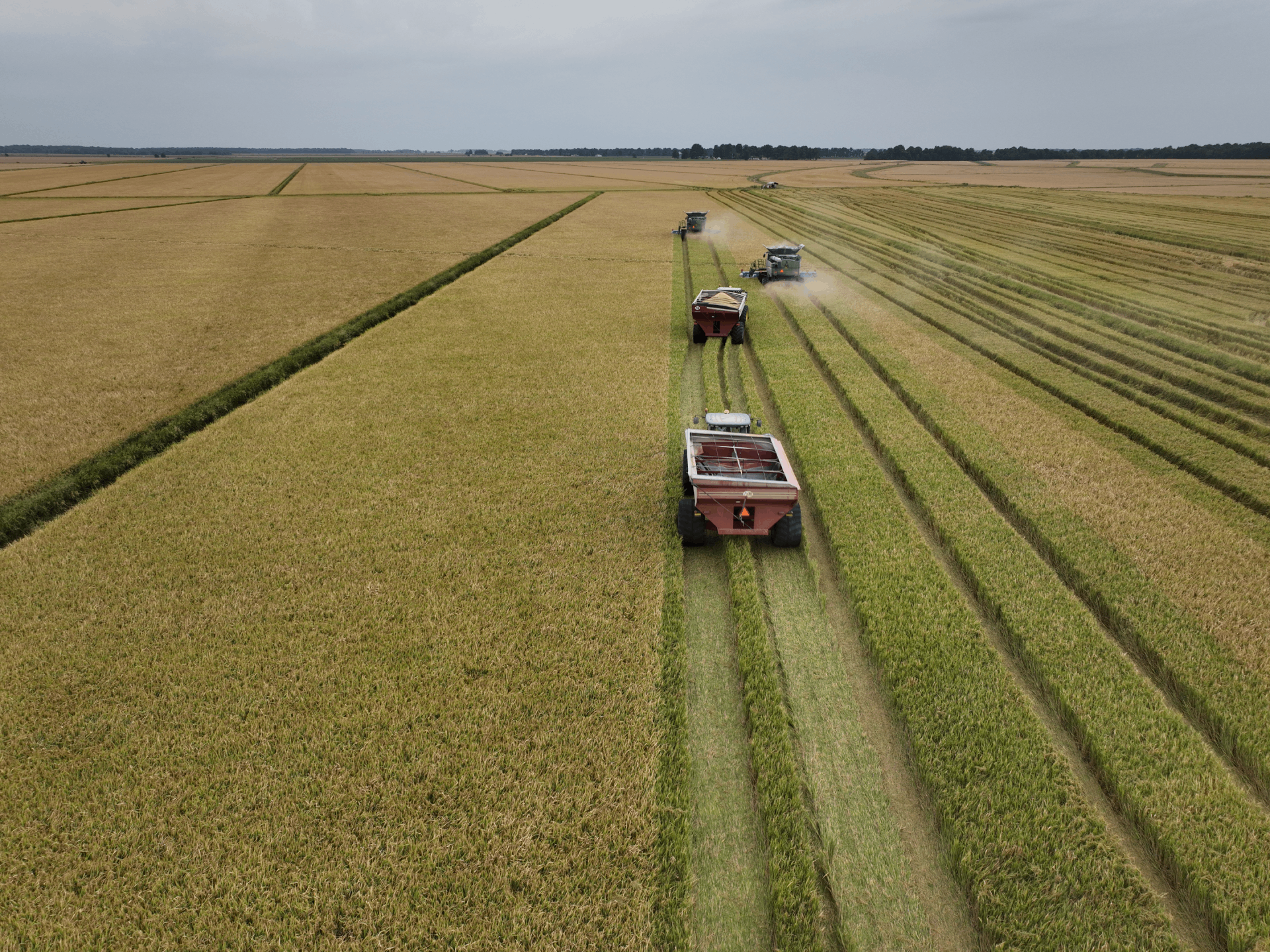Riceland Foods: A Proud Legacy of Cooperative Success
In honor of National Cooperative Month, we celebrate Riceland Foods, a cooperative rooted deeply in the fertile soil of Arkansas and nourished by its farmer-members hard work and dedication.

In honor of National Cooperative Month, we celebrate Riceland Foods, a cooperative rooted deeply in the fertile soil of Arkansas and nourished by its farmer-members hard work and dedication. Its rich history reflects the spirit of collaboration, innovation, and mutual benefit that defines cooperatives.

From Humble Beginnings to a Global Player
Riceland Foods began as a small cooperative created by a group of rice farmers in Stuttgart, Arkansas, who wanted to ensure better prices for their rice. Over the next fifty years, the cooperative would evolve into a powerful force in both the domestic and international agricultural markets. In 1955, legislation put controls on rice acreage to cut back rice production. Riceland members needed to find an alternative use for the portions of land that were no longer eligible for rice program benefits. Looking for new ways to benefit the cooperative membership, Riceland began working with Farmer Cooperative Service to assess grain marketing prospects. This led to one major conclusion: Riceland Foods and its members were ready to add soybeans to their marketing program.
By 1970, Riceland Foods outgrew its original name as it expanded beyond rice into soybean processing, adding 20,000 soybean growers to its membership. At this point, Riceland not only supplied rice to major U.S. markets but also exported its products to over 100 countries across the globe.
With facilities including four rice mills, three soybean processing plants, and over 22 driers, Riceland Foods had transformed itself into a cooperative with the capacity to handle millions of bushels of grain annually. It became a pioneer in agricultural exports, recognized with the prestigious Presidential "E" and "E Star" awards in the 1960s and 70s for Riceland’s role in promoting U.S. exports.

The Riceland Difference
Farmer members continued to bring in larger grain harvests each year while allowing Riceland Foods' management to handle the responsibilities of storage, processing, and marketing. Unlike traditional grain companies, which can choose how much grain to market, Riceland Foods operates with the interests of its members in mind, ensuring that all its members' grain is received and marketed, even during times of reduced demand. Leveraging the cooperative model, the company increased sales from $5 million in the mid-forties to more than $563 million by the mid-seventies. Riceland’s success transformed the small local cooperative into an international rice supplier.
In the 1970s, led by W.N. Harris, Riceland sought to enhance revenue for the cooperative by marketing rice byproducts. This initiative resulted in $2.5 million in sales of rice hulls, which some millers were paying to dispose of. By repurposing these byproducts, Riceland Foods transformed an expensive ecological effort into savings for its members, eventually leading to more than a dozen use applications of rice hulls. This translated into more return to the members. From 1944-1973, Riceland Foods averaged 40 cents more per CWT of rice than the US average and 30 cents above the Arkansas average.

Farmer-Owned, Farmer-Driven
At Riceland, every farmer member has a voice. The cooperative’s board of directors are our rice farmers, ensuring that the needs and interests of family farmers are always at the forefront of the business. This approach means that decisions are made with a deep understanding of agricultural challenges and priorities, from crop quality to market access.
Comprehensive Services and Expertise
Riceland offers a wide array of services that help members increase their profitability and sustainability. From drying and milling support to packaging and marketing, Riceland takes a holistic approach to member success. The cooperative provides cutting-edge technology and expert advice on crop management, helping farmers achieve higher yields and better-quality products. Additionally, Riceland’s international marketing reach ensures that members' crops find the best markets, both domestically and abroad.

Sustainability at the Core
Sustainability is not just a buzzword for Riceland—it’s a commitment. In 2022, Riceland launched its Carbon Ready Program, which positions participating members to capitalize on the evolving environmental asset markets of the future. By using innovative farming techniques and responsible water management, farmers can positively impact the environment and the communities where it operates. Customers who choose Riceland are not only getting premium products but are also supporting sustainable agriculture.
Founded in 1921 by a group of dedicated Arkansas rice farmers who recognized the need for a collective approach to marketing their crops, Riceland has continued to offer financial stability, access to global markets, and the benefits of being part of a cooperative that genuinely cares about its members. This vision laid the foundation for a cooperative that would not only support local farmers but also elevate the entire rice industry in the region. Today, Riceland is the largest farmer-owned rice and soy co-op in the United States, serving over 5,500 members across Arkansas and Missouri.
Other News
Get the latest cooperative news from the Riceland team.



